Filter by
Awarded Projects (332)
RSS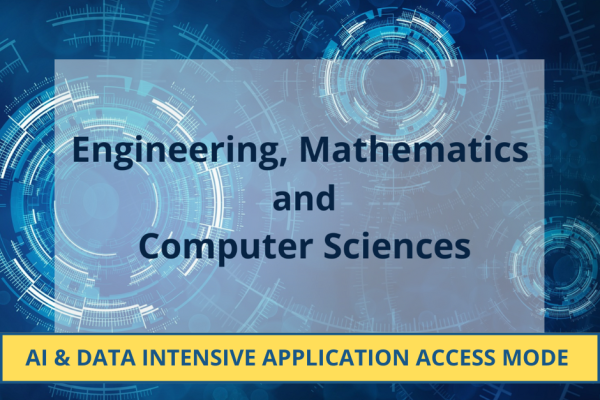
This project aims to develop novel methods for adapting language content across cultures, framing cultural adaptation—a key concept from translation studies—as a central task in AI.

Intermolecular electron and energy transfer plays a fundamental role in organic solar cells, which have practical advantages over silicon-based cells but still have to catch up in efficiency.
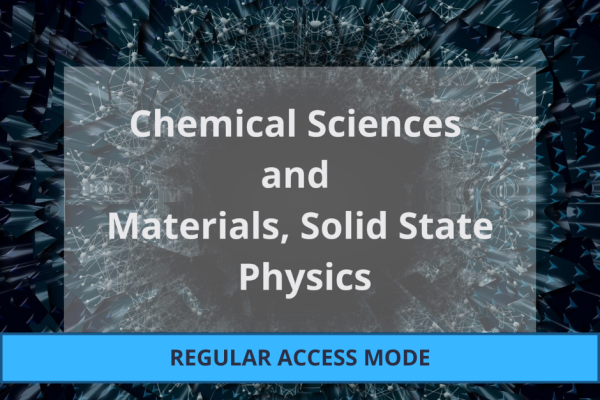
The prebiotic origin of the chemical complexity found on Earth nowadays is a matter of debate in the astrochemical community. In the interstellar medium (ISM), huge molecular clouds mainly composed by atomic species and dust grains, provide the factory for ignition of chemical processes.
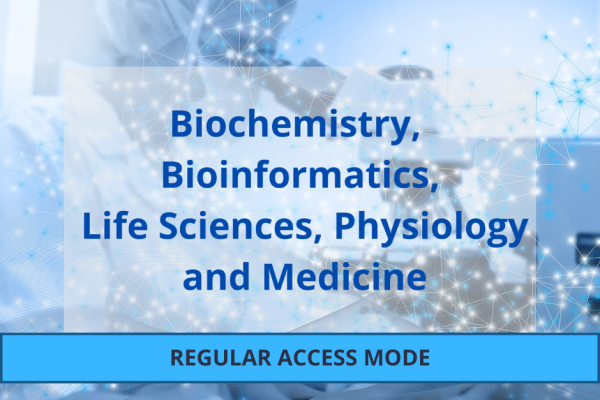
Pentameric ligand-gated ion channels (LGICs) are central receptors of electrochemical signaling in cells across evolution, in particular as the major mediator of fast synaptic transmission in the vertebrate nervous system.
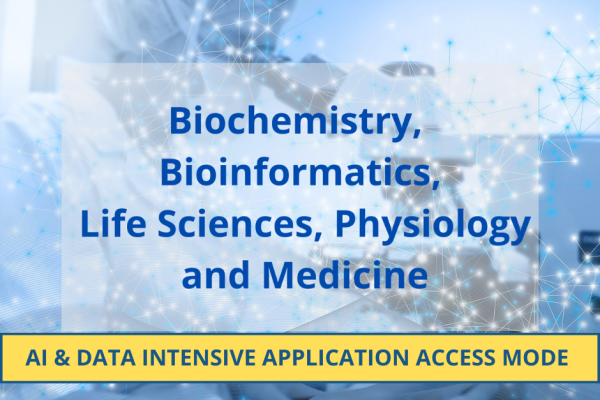
The goal of this study is to investigate how combinatorial histone isoforms might be used to encode new physiological signals.

This project proposes a novel experimental suite for sign language translation that compares unsupervised tokenization strategies through novel vector quantization methods used in speech.

High Entropy Alloys (HEAs) are a new class of random solid-solution alloys that present impressive mechanical properties, making them attractive for many applications. However, the physical mechanisms underlying the strengthening of HEAs remain unknown.
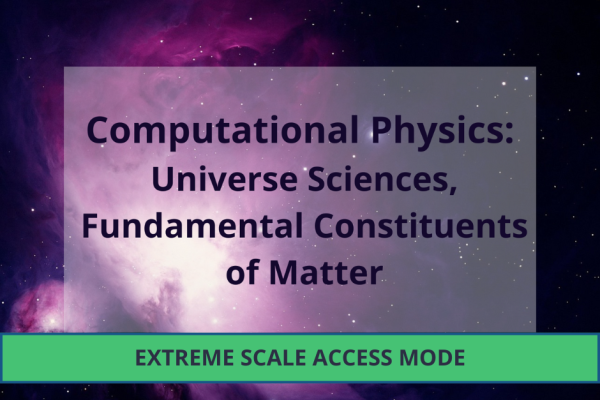
Our understanding of Nature depends on our ability to validate, with experiments, theoretical predictions for observable quantities.

The Jurilabs project aims to develop a virtual legal assistant based on a set of large language models that will address these specific challenges.
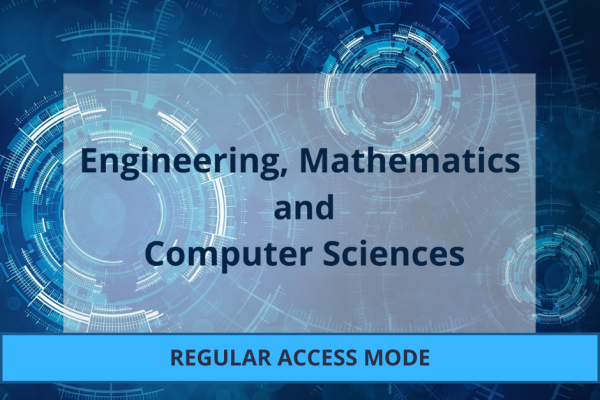
Natural language processing plays an increasingly important part of our digital lives but it works best for high-resource languages due to the amount of data needed to train models.